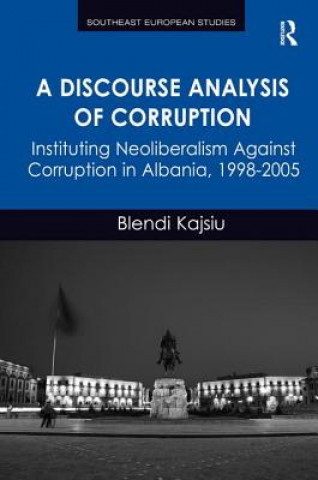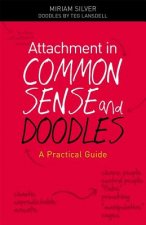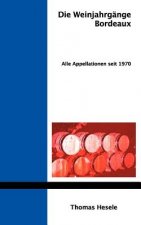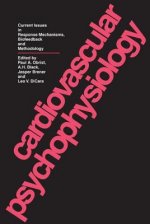
Kézbesítés
Vásárlási tanácsadó





Nem vált be? Semmi gond! Nálunk 30 napon belül visszaküldheti
 Ajándékutalvány
bármilyen értékben
Ajándékutalvány
bármilyen értékben
Ajándékutalvánnyal nem nyúlhat mellé. A megajándékozott az ajándékutalványért bármit választhat kínálatunkból.
Discourse Analysis of Corruption
 Angol
Angol
 495 b
495 b
30 nap a termék visszaküldésére
Ezt is ajánljuk


Why did Albania enjoy some of the most successful anti-corruption programs and institutions along with what appeared to be growing levels of corruption during the period 1998-2005? Looking at corruption through a post-structuralist discourse analysis perspective this book argues that the dominant corruption discourse in Albania served primarily to institute the neoliberal order rather than eliminate corruption. It did so in four interrelated ways. First, blaming every Albanian failure on corruption avoided a critical engagement with the existing neoliberal developmental model. Second, the dominant articulation of corruption as abuse of public office for private gain consigned it to the public sector, transforming neoliberal policies of privatisation and expanding markets into anticorruption measures. Third, international anticorruption campaigns reproduced an asymmetric relationship of dependency between Albania and the international institutions that monitored it by articulating corruption as internal to the Albanian condition. Finally, against corruption international and local actors could articulate a neoliberal order that was free of internal contradictions and fully compatible with democratization. As a rare example of post-structuralist discourse analysis of corruption this book can be useful for future research on discourses of corruption in other countries of the region and beyond.
Információ a könyvről
 Angol
Angol
Kategória




 Hogyan vásároljunk
Hogyan vásároljunk


























